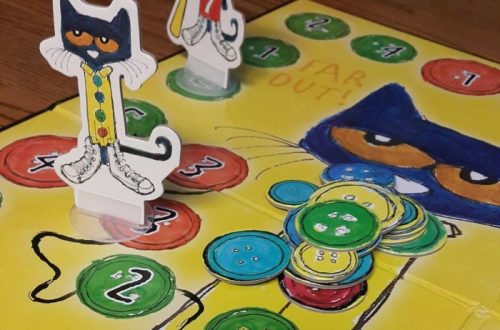Why Playing Family Board Games Is a Great Way to Bond
Spending quality time together is more important than ever in today’s fast-paced world. One of the simplest and most enjoyable ways to connect as a family is by playing board games. Family board games offer more than just entertainment—they encourage communication, teamwork, and critical thinking. Whether you’re laughing over a silly card game or strategizing in a competitive match, these moments create lasting memories. For children, board games help develop essential life skills such as patience, problem-solving, and social interaction.
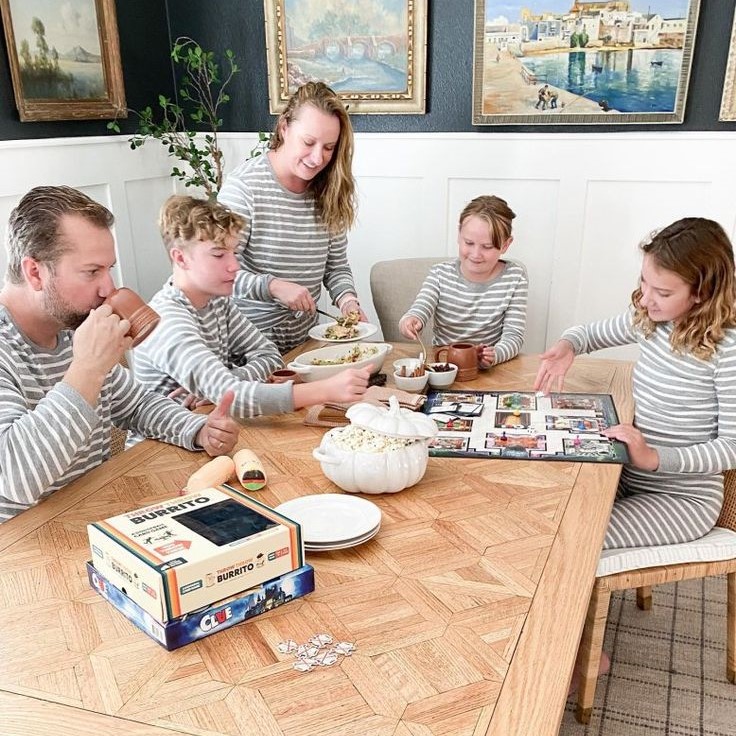
Adults also benefit by stepping away from screens and engaging in meaningful face-to-face conversations. Many modern board games are designed with multiple age groups in mind, making it easy for everyone—from toddlers to grandparents—to participate. These games often have adjustable rules or difficulty levels, allowing families to tailor gameplay to their needs. In addition, playing board games can reduce stress and boost mood through shared laughter and healthy competition. As more people seek offline activities that promote connection, family board games continue to rise in popularity. With so many options available, finding the perfect game for your family has never been easier.
The Benefits of Playing
Playing family board games offers a wide range of benefits beyond simple amusement. First, they improve communication skills. Players must talk, listen, and negotiate during gameplay, which helps build confidence in speaking and understanding others. This is especially valuable for younger children who are still developing language and social abilities. Second, board games encourage critical thinking and decision-making. Many games require players to plan ahead, adapt strategies, and think creatively—skills that translate well into school and real-life situations. Third, family board games strengthen emotional bonds. Sitting down together for a game night fosters closeness and creates a space where everyone feels included and valued.
It also builds resilience, as children learn how to handle both winning and losing gracefully. Another benefit is reduced screen time. With digital distractions everywhere, board games provide a healthy alternative that keeps the whole family engaged without relying on phones or tablets. Additionally, cooperative board games teach teamwork and problem-solving as a group, while competitive games help kids understand fairness and sportsmanship. Finally, board games can be educational. Many titles focus on math, vocabulary, history, or logic in a fun and interactive way. Whether played weekly or occasionally, family board games bring joy, growth, and stronger relationships all at once.

Popular Types
Family board games come in many forms, each offering unique experiences based on age, interests, and desired outcomes. Classic board games like Monopoly, Scrabble, and Guess Who? remain popular due to their timeless appeal and broad accessibility. These games often feature familiar rules and long-lasting replay value. Cooperative games, such as Outfoxed! and Hoot Owl Hoot!, allow players to work together toward a common goal. These are ideal for fostering teamwork and reducing competitive stress, especially among younger children. Strategy games like Catan Junior or Ticket to Ride introduce planning, resource management, and forward-thinking skills in an engaging way.
They are great for older kids and adults who enjoy deeper gameplay. Party and trivia games such as Charades or Trivial Pursuit add humor and excitement, making them perfect for larger family gatherings or mixed-age groups. Educational board games like Math Bingo or Word on the Street blend learning with play, helping children practice reading, math, and science in a fun environment. Quick-play games like Spot It! or Zingo are excellent for shorter attention spans and spontaneous play sessions. No matter what type you choose, the right family board game can match your group’s energy, preferences, and goals.
How to Choose the Right Family Board Game for Your Group
Selecting the perfect family board game involves considering several key factors to ensure everyone enjoys the experience. First, think about the age range of the players. Some games are better suited for young children, while others require more advanced reading or strategic thinking. Look for recommended age guidelines on packaging or product descriptions to find a good fit. Next, consider game length. If you’re looking for something quick and light-hearted, choose games that last 20–30 minutes. For longer evenings or weekend afternoons, opt for games that offer extended playtime and deeper engagement. Player count is another important factor. Make sure the game supports the number of people in your household. Some games work best with two players, while others thrive with five or more. Also, decide whether you prefer competitive or cooperative gameplay.
Competitive games foster individual strategy and challenge, while cooperative games encourage teamwork and shared success. Complexity level should match your group’s experience. Beginners may enjoy roll-and-move games, whereas experienced players might appreciate games with layered mechanics. Lastly, check reviews and ratings online to see what other families say about gameplay, durability, and replayability. By taking these aspects into account, you’ll find a family board game that brings joy and connection to your next game night.
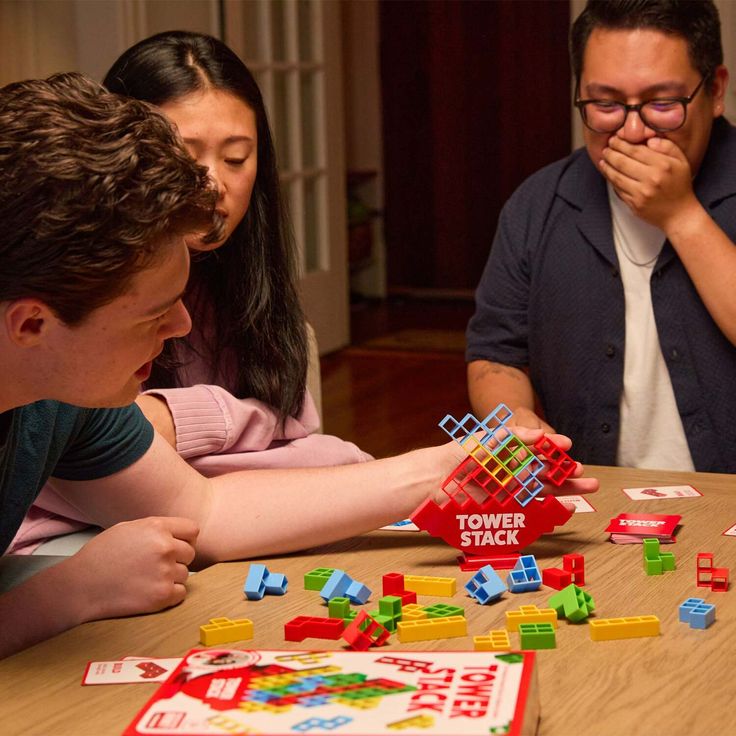
Where to Buy the Best Family Board Games Online
Finding high-quality family board games has become easier thanks to a variety of online retailers that cater to different tastes and budgets. Amazon remains one of the most trusted sources, offering fast shipping, detailed product descriptions, and verified customer reviews. Parents and educators often rely on Amazon’s filtering system to find games by age, price, and category. Etsy is another great option for handmade or custom-designed board games, especially for those seeking unique or personalized gifts. Independent sellers on Etsy frequently create wooden or artistic versions of classic games that stand out in design and craftsmanship. Specialized toy shops like Fat Brain Toys and Educational Insights curate selections of educational and developmental games that align with learning goals.
For fans of tabletop gaming, websites like CoolStuffInc and Miniature Market carry a wide array of titles, including indie favorites and award-winning board games. Subscription services like Board Game Quest or Crate Games deliver curated board game experiences directly to your door, offering surprises every month. Social media platforms like Instagram and Pinterest are also excellent places to discover new releases and parent-recommended picks. Influencers and educators often share honest reviews and tips for choosing the right game for your family. Regardless of where you shop, always read return policies and check for safety certifications before making a purchase. This ensures peace of mind and guarantees a positive experience for both parent and child.
Tips for Hosting a Successful Game Night
Creating a fun and engaging board game night starts with thoughtful planning and a welcoming atmosphere. Begin by choosing the right game for your group. Consider the age range, interests, and number of players to ensure everyone feels included. Once you’ve selected a game, set up a comfortable and distraction-free space. Turn off the TV, put away phones, and gather around a table or floor area where everyone can see and hear clearly. Encourage participation by assigning roles or letting younger players help shuffle cards or roll dice. To keep things exciting, try introducing small traditions like theme nights, where you pick a topic (pirates, space, or superheroes) and dress up or decorate accordingly. 、
You can also rotate who chooses the game each week, giving everyone a chance to share their favorite picks. Snacks and drinks can enhance the experience—opt for finger foods that are easy to eat while playing, like popcorn, fruit slices, or mini sandwiches. After the game ends, take a few minutes to discuss what everyone enjoyed and what could be improved. This reflection helps build communication skills and sets the stage for future game nights. Most importantly, keep the tone light and positive. Celebrate wins, laugh at mistakes, and make sure everyone feels valued and heard. With a little preparation, family board game night can become a cherished tradition that brings joy and connection to your home.
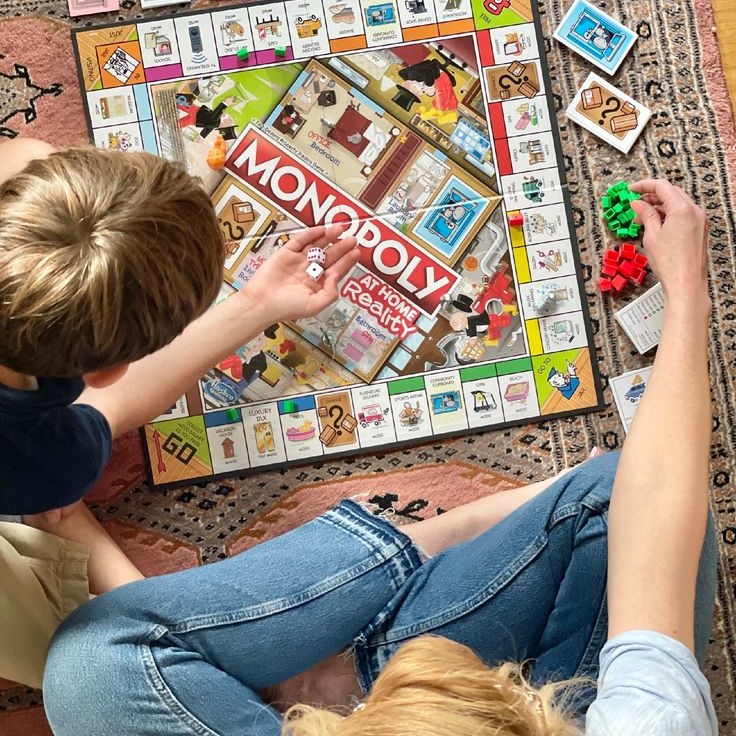
Caring for and Organizing Your Board Games
Proper organization and maintenance of your family board games will extend their lifespan and keep gameplay smooth and enjoyable. Start by storing games in a cool, dry place away from direct sunlight to prevent warping or fading. Use shelves, bins, or labeled boxes to keep everything neatly sorted and easy to access. For games with many small pieces, consider using resealable plastic bags or compartmentalized containers to avoid losing parts. Always check the game box for any missing or damaged components before and after each use. Teach children to clean up after themselves by returning all pieces to their proper place. If a game comes with cards, store them in protective sleeves or rubber-banded stacks to prevent bending or tearing.
For board surfaces, gently wipe with a soft cloth if they get dirty, but avoid using harsh chemicals unless specified. If a game includes wooden pieces, polish them occasionally with a food-safe oil like beeswax to maintain their finish. Labeling each game with the player age range, duration, and genre can help you quickly find the right one for your next game night. Consider creating a “game rotation” system to keep things fresh and exciting by switching out a few games every few weeks. With consistent care and smart storage, your family board games will stay in excellent condition for years of fun together.
Final Thoughts
In conclusion, family board games are more than just a source of entertainment—they are powerful tools for building connections, encouraging learning, and creating joyful memories. Whether you’re enjoying a casual round of a quick-play game or diving into a strategic adventure, these moments bring families closer together. The benefits extend beyond fun, supporting communication, critical thinking, and emotional development in children and strengthening relationships across generations.
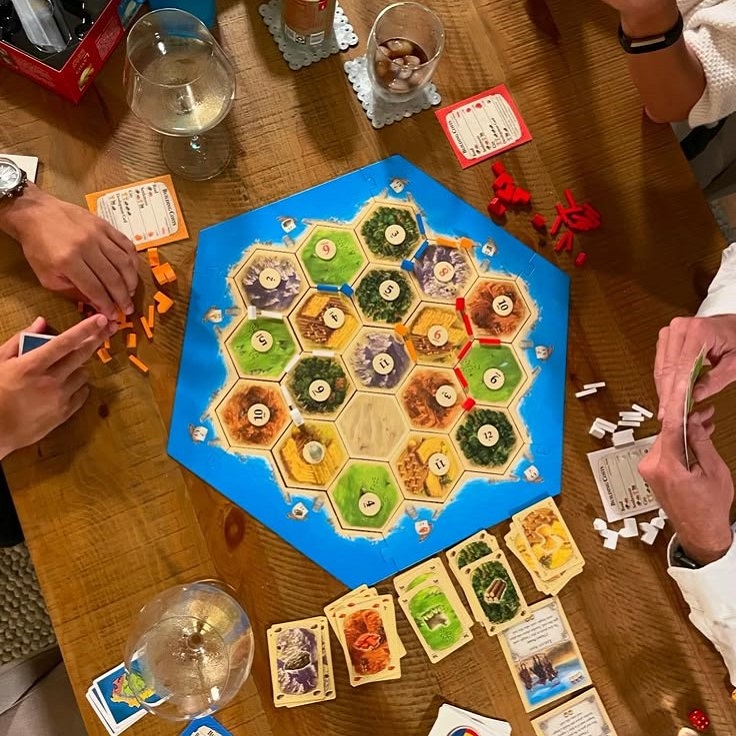
With so many types of family board games available, there’s something to suit every personality and occasion. From cooperative challenges to brain-boosting puzzles, each game offers a unique opportunity for growth and bonding. Hosting regular game nights gives families a chance to disconnect from screens and truly engage with one another. As more people seek meaningful ways to spend time together, family board games continue to prove their timeless value. Now is the perfect time to explore the latest trends and find the best family board games that will bring laughter, learning, and love into your home. Make your next game night unforgettable—and let the power of play bring your family even closer.


